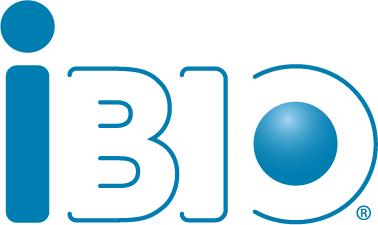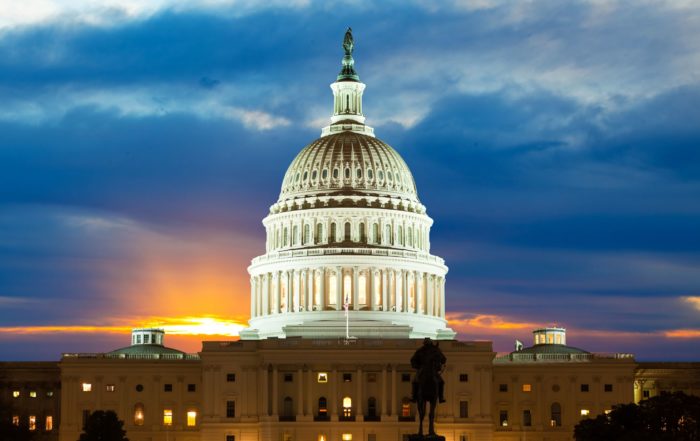Days before it was going to go into effect, both houses of Congress have now passed the 2020 federal spending package, which includes a provision to permanently repeal the 2.3% medical device excise tax.
iBIO applauds the full repeal of the medical device tax which chills innovation, reduces employment, slows hiring plans, and freezes capital investments. The Tax Foundation recently estimated that if the tax were to go back into effect, it would lead to a loss of 21,390 full-time equivalent jobs and a reduction in of $1.7 billion in the gross domestic product.
The medical device tax disproportionately hurt early stage companies when it was collected previously, particularly those seeking FDA approval for their flagship device, as well as patients, who were forced to wait longer for critically necessary devices to reach the market.
The tax had been suspended twice for a total of four years since 2016, but its continued existence kept medical device innovators from making plans with longer or unclear payback periods.
Illinois is home to a growing medical technology industry that directly supports an estimated 12,000 jobs and contributes $5.2 billion to total economic activity. Full repeal of the medical device tax provides Illinois’ medical technology innovators the clarity to prioritize investment in jobs and R&D and bring the next generation of medical products to the market to help patients live longer, better lives.
iBIO would like to thank the support and tireless work of our elected officials in supporting the repeal of the medical device tax: Senator Tammy Duckworth, Congressman Brad Schneider, Congressman Mike Bost, Congresswoman Cheri Bustos, Congressman Rodney Davis, Congressman Adam Kinzinger, Congressman Raja Krishnamoorthi, Congressman Darin LaHood, Congressman John Shimkus

